Every computer has a set of keys that allow you to perform specific actions quickly. Function keys are the names given to these types of keys. On all PCs, they are usually labeled F1-F12. The majority of the time, the operation of these keys is simple. They may, however, encounter issues from time to time. Continue reading to learn how to Fix Keyboard Function Keys that aren’t working in Windows 10 and Windows 11.
First, make sure your keyboard is working properly. Try pressing different keys to see if the keyboard responds. Also, make certain that the cables are securely attached. Ascertain that all other external peripherals are already in good working order. If everything else is fine but the function keys are still not working, try these fixes.
1. REMOVE, REINSTALL, & UPDATE KEYBOARD DRIVERS
The responsiveness of the functions key can be affected by a corrupt driver or a missed update. Update drivers to get the most recent versions. Here’s how you can go about it.
1: Press the Windows + X keys together to bring up the Device Manager.
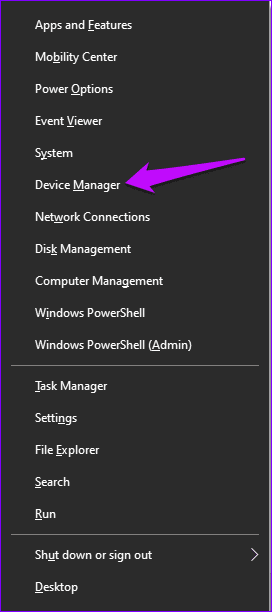
2: Locate and expand the Keyboards option.
3: Select Update driver by right-clicking on the appropriate keyboard option.
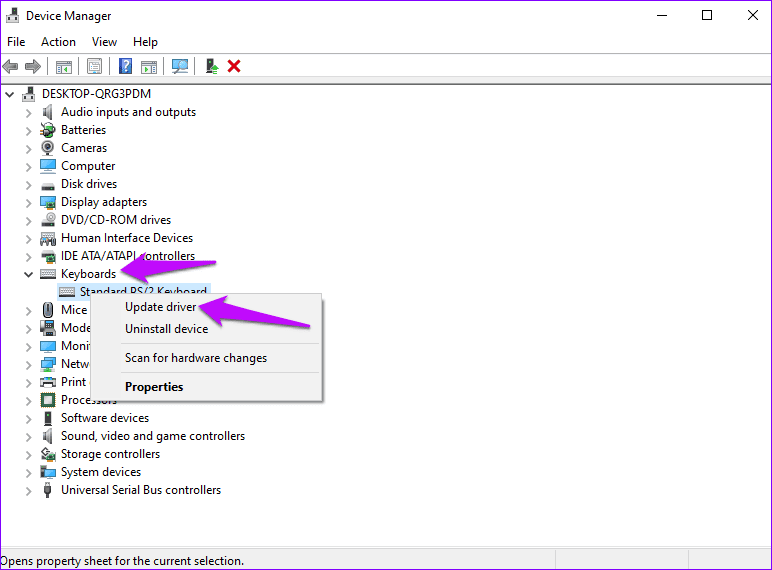
4: Select Automatically search for updated drivers.
Wait for Windows to search for and install the most recent drivers before restarting your computer.
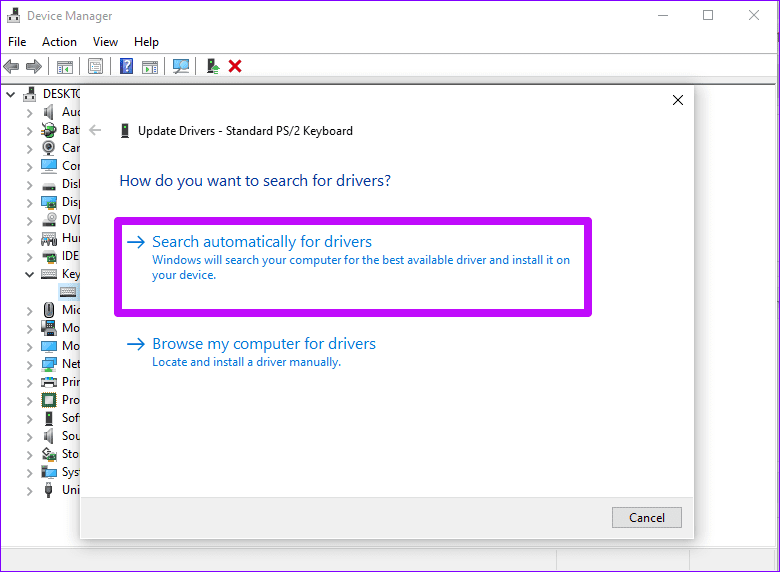
Here’s how to update drivers if you’re running Windows 11.
1: Press Windows + I to open Settings.
2: In the left pane of the Settings screen, click Windows Update. In the right pane, select Advanced options.
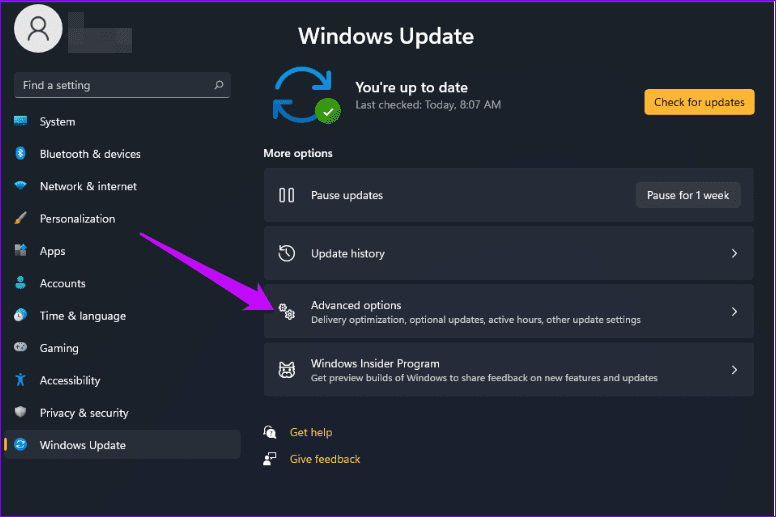
3: Select Optional updates.
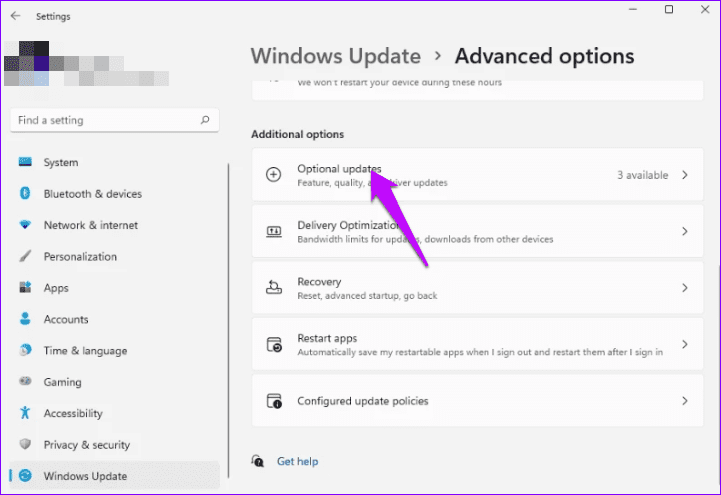
4: Select the drivers you want to update and click Driver updates.
5: Finish the process by selecting Download & Install.
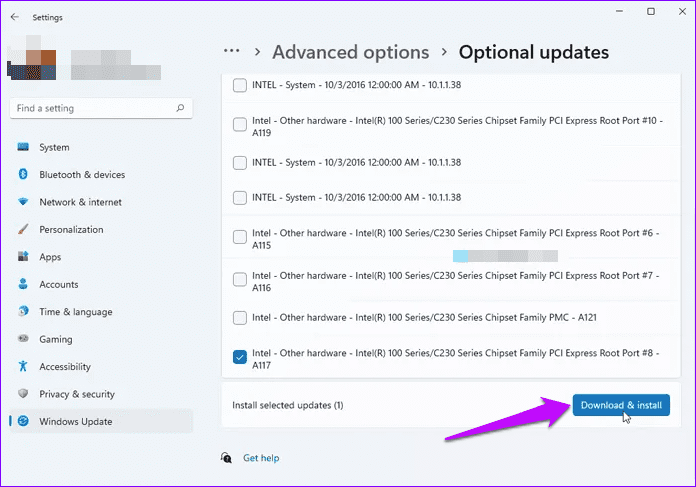
If the functions keys remain inactive after the update, try uninstalling & reinstalling the drivers. To do this, go to the expanded keyboard list . click Uninstall device. Restart your computer, and the drivers should be reinstalled with newer versions.
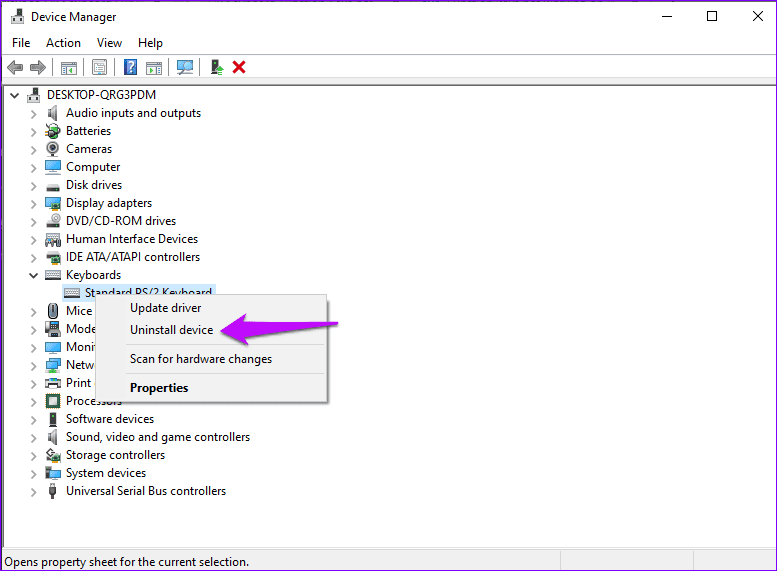
2. VERIFY THAT SHORTCUT KEYS DO NOT DISABLE FUNCTION KEYS
On the function keys of a typical keyboard, there are two sets of actions. For example, the F8 key can have a secondary action of playing music. Most keyboards have a modifier key labeled Fn that can be used to execute both commands.
The Fn key functions as a shortcut, allowing you to perform a variety of actions quickly.
However, the Fn key can sometimes prevent the use of certain ‘F’ keys. You can lock the Fn key to prevent it from limiting the use of function keys. This will eliminate the need to hold down the Fn key when switching between actions.
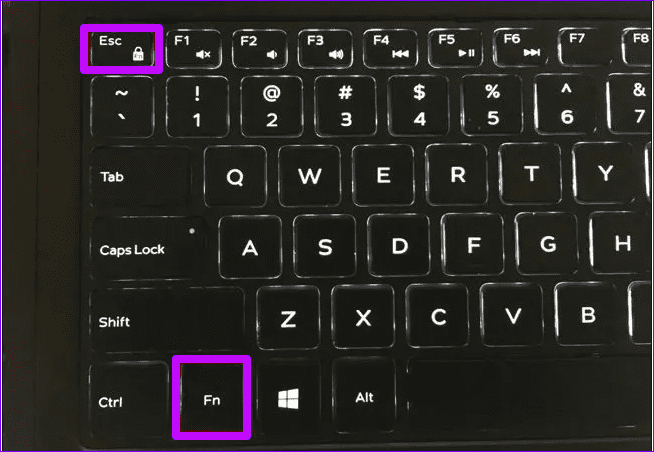
Find the Fn and Fn lock keys on your keyboard. When you press both keys at the same time, the shortcut feature should be locked.
Please take note of the padlock symbol on the Fn lock key. It’s usually found on the ESC key, but it can also be found on other PC keys.
Please keep in mind that the Fn key may not be available on all laptops. Furthermore, some of those who have it may have the lock feature in multiple locations. Read the manufacturer’s manual to ensure you’re in the correct position.
3. ENABLE THE FUNCTION KEY IN THE BIOS SETTINGS
A change or error in the BIOS settings can have an impact on how the function keys work. To restore the disabled keys, go to the BIOS settings and enable the functions. Here’s how you can go about it.
1: Reboot your computer and press the ESC key as soon as the screen appears.
2: Select the BIOS configuration option.
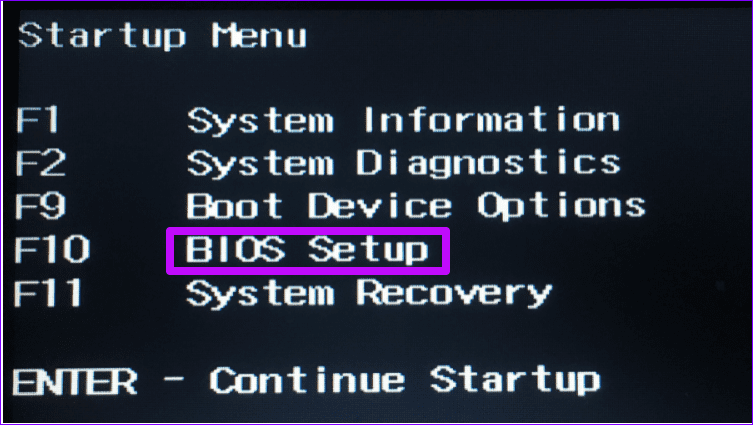
3: Select the Advanced option from the top bar.
4: Locate and select the Function key behavior option. As the primary option, select the Function key.
Restart your computer after you’ve saved the changes. Check to see if the function keys are now working properly.
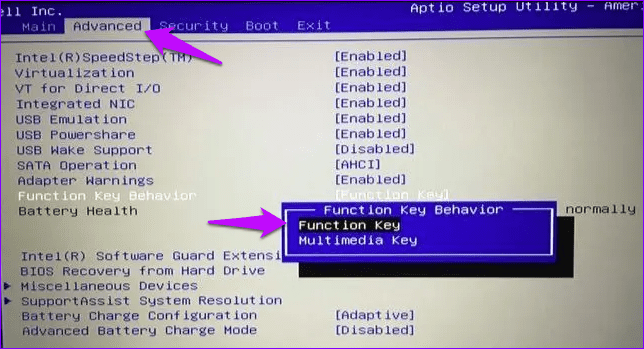
4. ACTIVATE HUMAN INTERFACE DEVICE SERVICES
Another reason why the keyboard function may stop is if the HID services have been terminated. In this case, you can go to the service’s controls and enable the features.
1: Right-click on the Windows start menu and select Computer management.
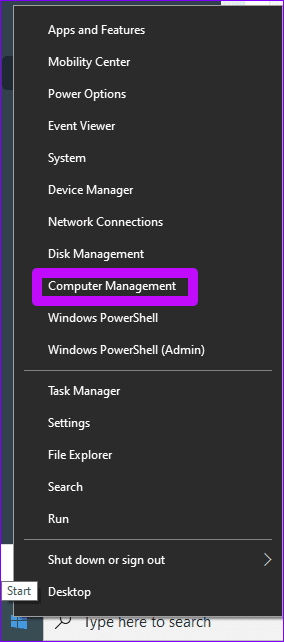
2: Expand Services and application in the left pane and double-click on Services.
3: Locate the Human Interface Device services in the right-hand pane.
4: Right-click it and choose Properties.
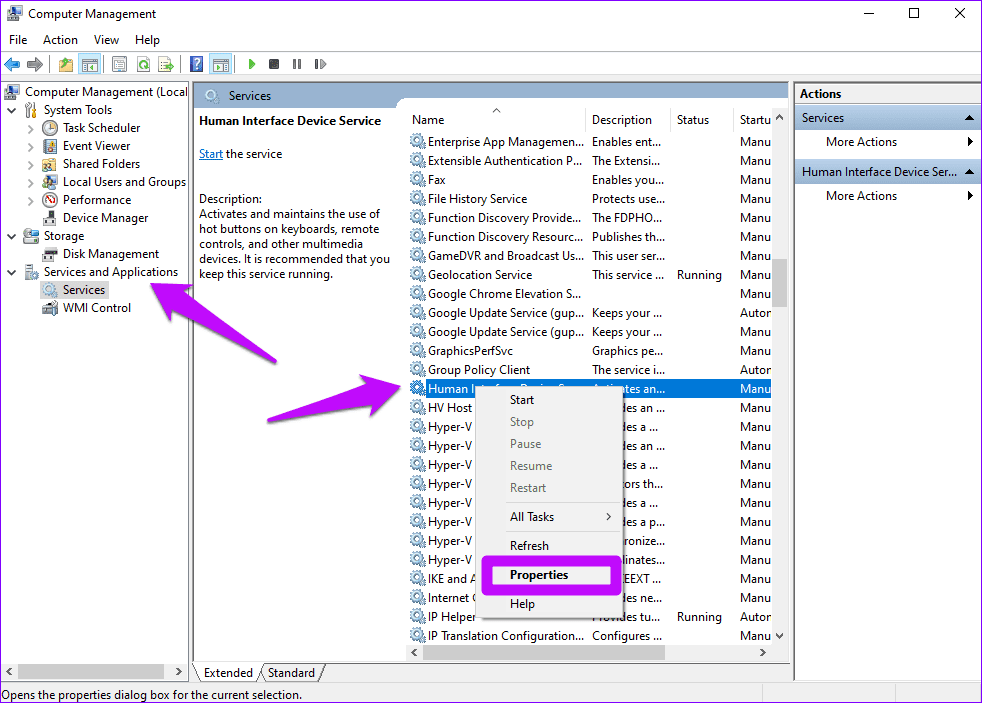
5: Go to the Service status and make sure it’s set to the Started option. If not, then press the Start button.
6: Return to the previous screen, locate the Startup type, & change it to Automatic.
7: To apply the changes, click Apply, then OK.
Restart your computer and check to see if the function keys now work properly.
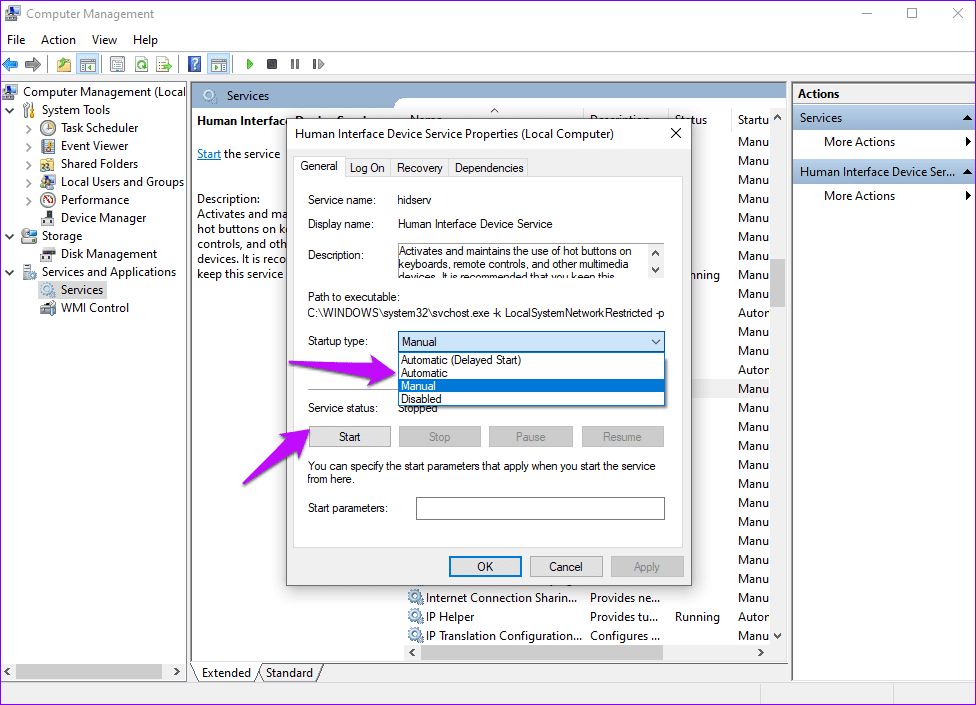
IMPROVING THE FUNCTION OF THE FUNCTION KEYS
The solutions provided above should assist in resolving the issue of function keys not working on Windows 10 and 11. However, if neither of these solutions work, try reinstalling Windows. A clean install will erase all data on your hard drive, giving your system a fresh start. The advantage of this is that you can troubleshoot problems with transferred problematic programs or files. Keep in mind that a clean install deletes all previously saved files. As a result, it’s a good idea to make a backup of your files before you begin.
Read More: Clean your keyboard without damaging it
